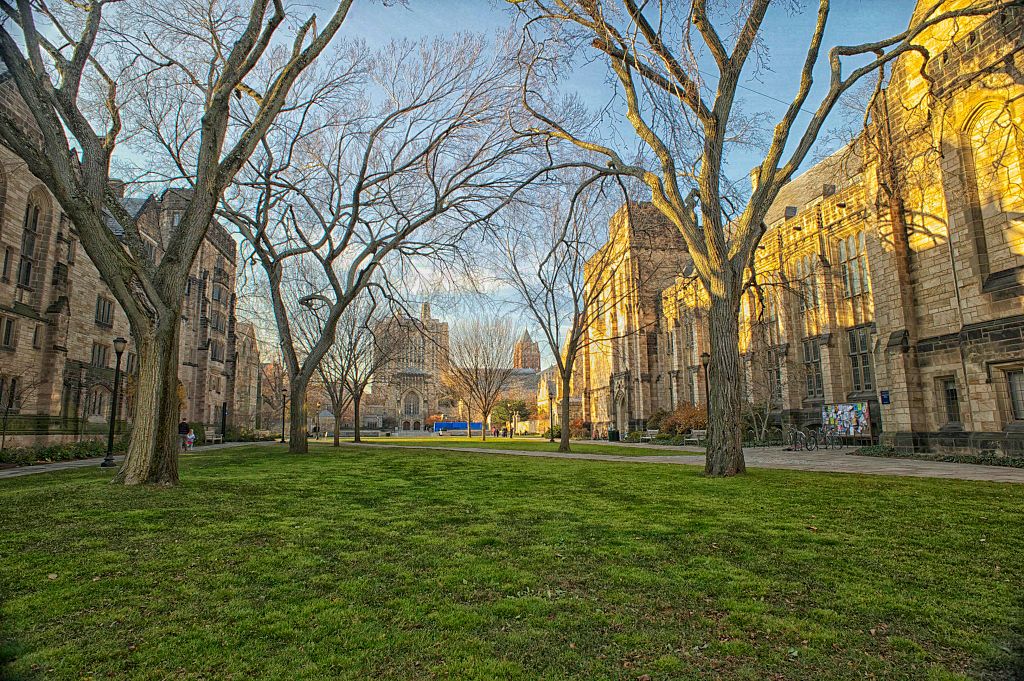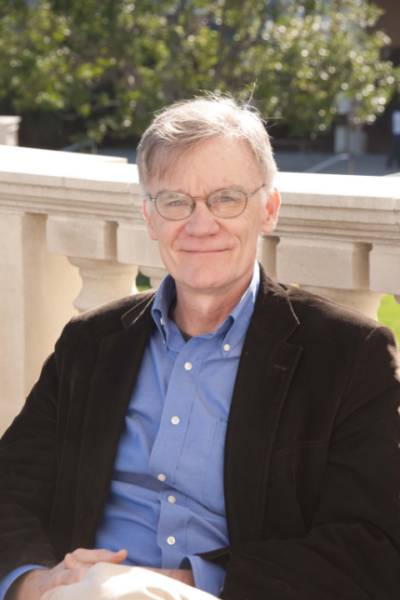

- Professor david blight yale university contact info how to#
- Professor david blight yale university contact info professional#
Blight pointed out that for centuries people have struggled to confront their past. “Everybody’s history is tainted,” he said. Sa- bin commented, “As we continue this discussion about Hopkins’ racial history and how we want to recognize it on campus, I hope these ideas will help us make good decisions that bring us together as a community and promote the values of the school.”ĭespite how pressing the question of Edwards Hopkins might seem, Blight was not surprised by the dilemma. The most tangible advice Blight gave was that, when evaluating historical fgures, it is important to consider their “principal legacy.” What was Edwards Hopkins most famous for? Blight asked Hopkins to consider every aspect of a person’s life, public and private, before resolving upon a final judgement.
Professor david blight yale university contact info how to#
You learn how to be good because you have examined some evil and it makes you humble.” Blight did not provide the magic answer detailing exactly what Hopkins should do instead, he provided a process for which the community could approach the topic. Get the facts right, get the details right. You need deliberation, you need committees, or commissions or groups that seriously look at that past. Yale’s chief reason for the renaming was that the college’s namesake, John Calhoun, was a staunch advocate of slavery.īlight imparted some advice on how Hopkins should approach its moral quandary, “I don’t have the answer for what you should do about Hopkins except that you should use caution. Blight served on Yale University’s Committee to Establish Principles on Renaming that changed the name of Calhoun College to Grace Hopper College. I enjoyed how he responded to questions by going on tangents and relating different ideas instead of just providing a succinct, factual answer.”Įventually Blight reached the anticipated topic: Edward Hopkins and slavery. Dylan Sloan ’18 described why he enjoyed Blight’s visit: “I appreciated that he didn’t come across as having an agenda or key point he wanted to prove. At the end of Assembly, he received an avid standing ovation.

Many students were engrossed by his stories. The audience found Blight to be a talented orator. Blight zoned in on the young student responding, “Start local, get involved, it’s all about local politics. Then one seventh grader raised his hand high and proud. Instead, he posed a question to the student body: “How many of you are going to run for offce?” Assembly was silent, except for a few reluctant hands. Subverting expectations, Blight started Assembly ignoring race and history. This discovery raised some tough questions about how the student body should view its founder and his legacy some 350 years later. One of Blight’s chief reasons for visiting was to help Hopkins reconcile with its racial past, a topic that Eli Sabin ’18 wrote on in a September Razor article revealing that Edward Hopkins, the namesake of Hopkins school, owned a slave.

Blight maintains a website, including information about public lectures, books, articles, and interviews.Blight is one of the foremost experts on the Civil War, Reconstruction, and African-American History. At the beginning of his career, he spent seven years as a high school history teacher in his hometown of Flint, Michigan. His lecture course on the Civil War and Reconstruction Era at Yale is online. In 2020 David Blight was selected to the American Philosophical Society and awarded the Gold Medal for History by the American Academy of Arts and Letters. He writes frequently for the popular press, including The Atlantic, The New York Times, and many other journals.

Professor david blight yale university contact info professional#
He has worked on Douglass much of his professional life, and been awarded the Pulitzer Prize, the Bancroft Prize, the Abraham Lincoln Prize, and the Frederick Douglass Prize, among others. He is the author or editor of a dozen books, including Frederick Douglass: Prophet of Freedom American Oracle: The Civil War in the Civil Rights Era Race and Reunion: The Civil War in American Memory and annotated editions of Douglass’s first two autobiographies. He previously taught at North Central College in Illinois, Harvard University, and Amherst College. Blight is Sterling Professor of History and Director of the Gilder Lehrman Center for the Study of Slavery, Resistance, and Abolition at Yale University.


 0 kommentar(er)
0 kommentar(er)
